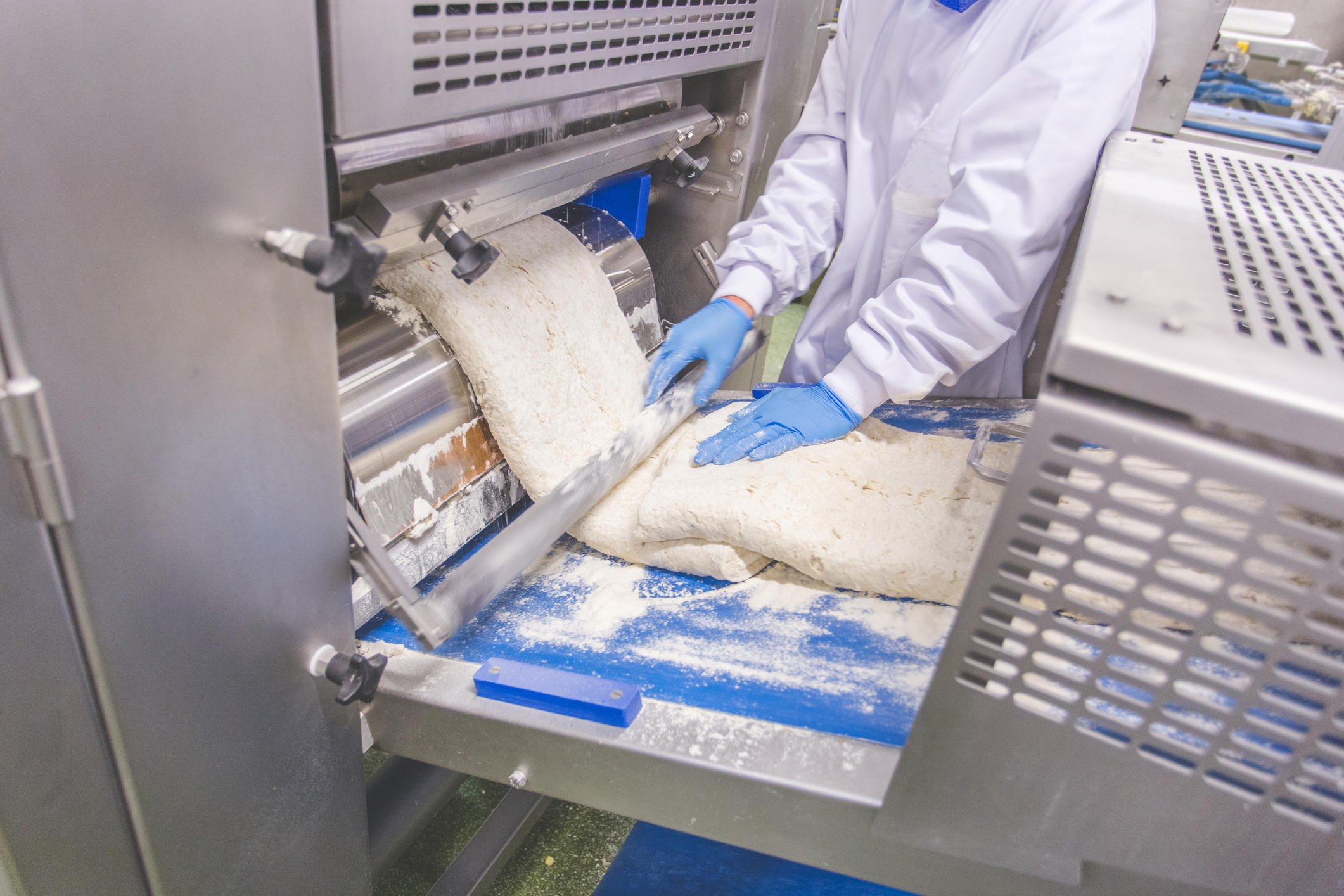Department of Employment 2018, Employment Projections, available from the Labour Market Information Portal:
- by ANZSIC 2 digit Food Product Manufacturing (excluding Seafood Processing), and ANZIC 3 digit Beverage Manufacturing and Pharmaceutical and Medicinal Product Manufacturing to May 2023.
Australian Bureau of Statistics 2018, Employed persons by industry group of main job (ANZSIC), Sex, State and Territory, November 1984 onwards, 6291.0.55.003 - EQ06, viewed 1 November 2018 http://www.abs.gov.au/AUSSTATS/abs@.nsf/DetailsPage/6291.0.55.003May%202018?OpenDocument.
- Employed total by ANZSIC 2 digit Food Product Manufacturing (excluding Seafood Processing), and ANZIC 3 digit Beverage Manufacturing and Pharmaceutical and Medicinal Product Manufacturing, 2000 to 2018, May Quarter.
Training data has been extracted from the National VET Provider Collection and Total VET students and courses from the following training packages or qualifications:
- FBP - Food, Beverage and Pharmaceutical Training Package
- AMP - Australian Meat Processing Training Package.
This includes superseded qualifications and training packages.
Data covers a range of selected student and training characteristics in the following categories and years:
- 2015, 2016, 2017, 2018 program enrolments
- 2015, 2016, 2017, 2018 subject enrolments
- 2015, 2016, 2017, 2018 program completions.
Total VET students and courses data is reported for the calendar year. Program enrolments are the qualifications, courses and skill sets in which students are enrolled in a given period. For students enrolled in multiple programs, all programs are counted. Program completion indicates that a student has completed a structured and integrated program of education or training. Location data uses student residence. Subject enrolment is registration of a student at a training delivery location for the purpose of undertaking a module, unit of competency or subject. For more information on the terms and definitions, please refer to the Total VET students and courses: terms and definitions document.
Low counts (less than 5) are not reported to protect client confidentiality.
